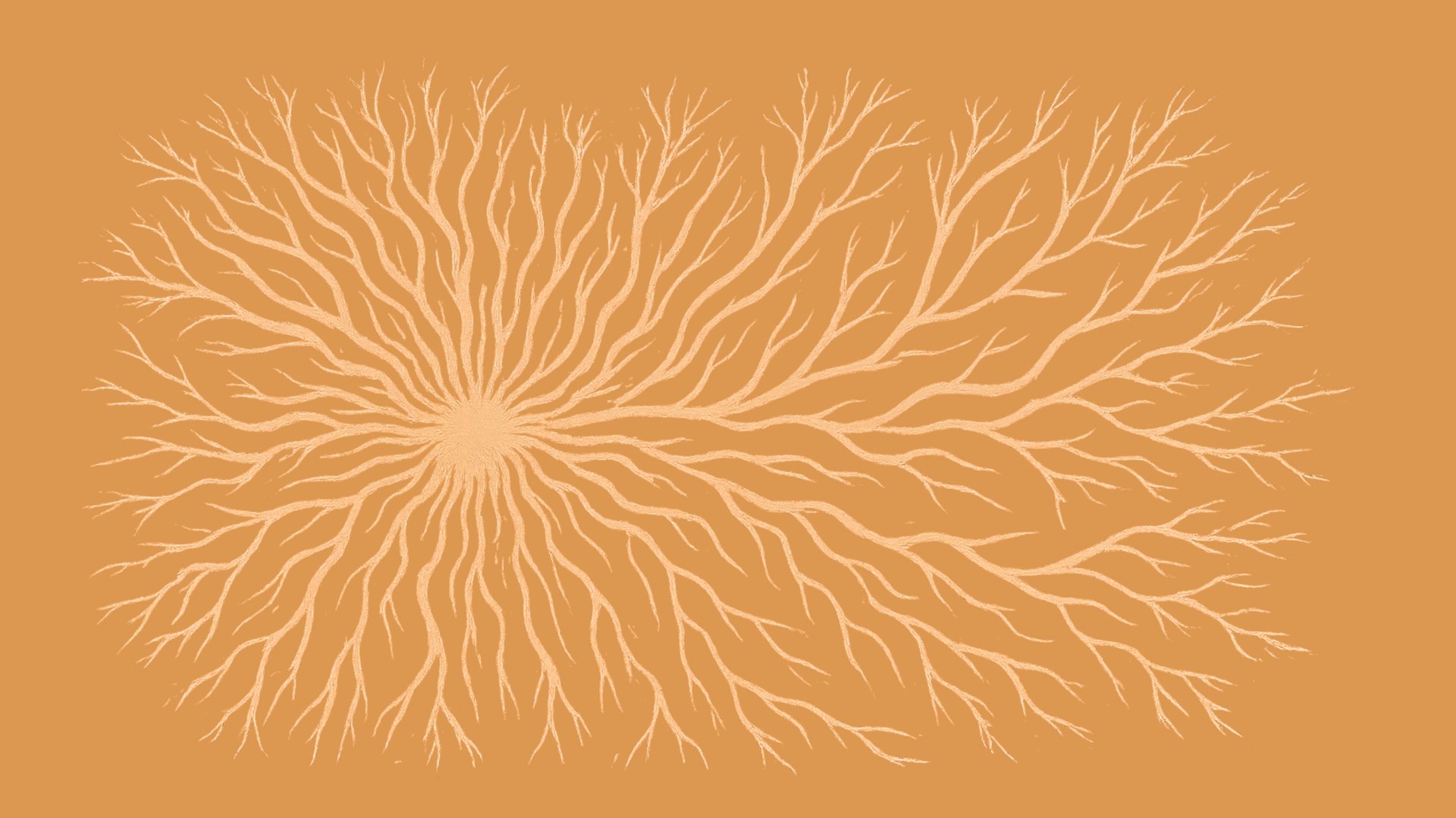
what is mediation?
Mediation is a facilitated dialogue or negotiation process, supported by a neutral third party — the mediator. The mediator guides constructive communication and helps those involved in the conflict to develop their own creative solutions, rooted in the needs of everyone involved.
Mediation is based on six key principles:
Structured: I provide a clear and supportive process — a container that holds space for productive dialogue.
Open-ended: While the process has structure, the content and direction remain flexible, creative, and responsive to your needs.
All-partial: As your mediator, I am equally committed to the care and dignity of all parties. Rather than taking sides, I hold everyone with respect.
Voluntary: Mediation is not imposed. Each person chooses to participate — and that willingness is part of what makes the process work.
Self-determined: You are the experts in your own lives. Together, you define the issues and decide on outcomes that work for you.
Confidential: Everything shared in the process remains private, with responsibility for confidentiality shared between the mediator and the participants.
as a mediator, I hold the structure and the process. You hold the outcome.
Think of me as your
conflict doula
I’m here to support you in navigating conflict with care, dignity, and grace — to make the process only as painful as it needs to be — and to help you move toward outcomes that are meaningful and sustainable.
Mycelium works within a Transformative Mediation framework...transformative in this context means seeking to shift how we relate — not only within a specific conflict, but also day-to-day, in our relationships and communities. The transformative approach recognises that the mediation process can catalyse relational transformation that goes far beyond resolving a single issue.
This framework guides a process which...
Honours the transformative potential of conflict — not just as a way to solve problems or reach agreements, but as a path to reshape how we relate.
Affirms the autonomy, wisdom, and capacity of all participants — you already carry the knowledge of what’s best for you.
Does not shy away from the central role that emotions play in conflict and decision-making.
Is grounded in deep trust for our inherent and inalienable belonging and our shared human needs — no matter how overwhelming the conflict dynamic may be.

